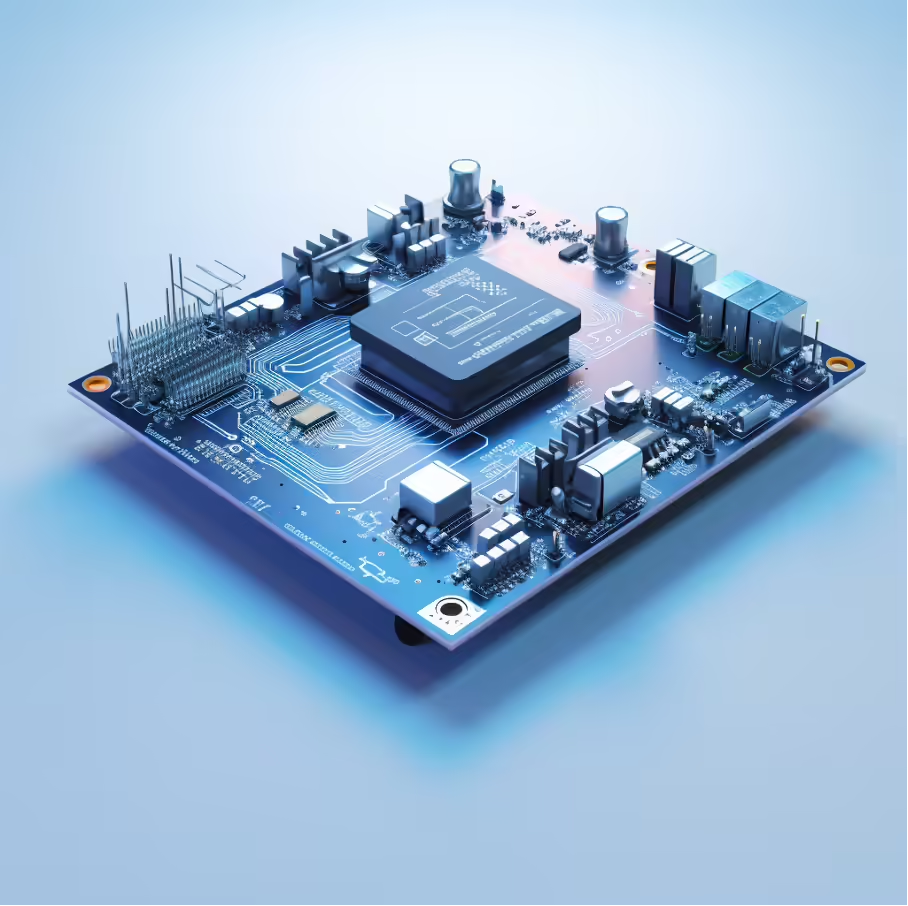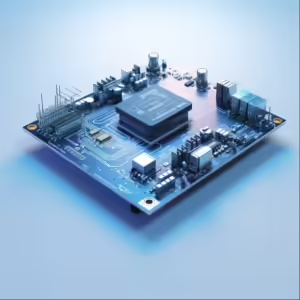Embedded Systems: Intelligent technology at the heart of modern devices
Embedded systems are an integral part of numerous modern technologies and devices. They combine hardware and software to perform specific functions within larger systems. From household appliances to complex industrial systems, embedded systems can be found everywhere. This article provides an insight into the world of embedded systems, their applications, challenges and future prospects.
What are embedded systems?
An embedded system is a specialized computer system designed for one or a few dedicated functions within a larger system. It typically consists of a microprocessor or microcontroller, memory, input/output interfaces, and embedded software that runs on a fixed operating system or no operating system.
Key features of embedded systems
- Dedicated functions: Designed for specific tasks, as opposed to general computer systems.
- Real-time operation: Many embedded systems must operate in real-time, meaning they respond to events within set time frames.
- Compact size and energy efficiency: Often designed to work with limited space and energy sources.
- Robustness: Ability to function under a wide range of environmental conditions.
Applications of embedded systems
- Consumer Electronics: In devices such as smartphones, televisions and game consoles.
- Automotive industry: For systems such as ABS, airbags, infotainment and driver assistance systems.
- Industrial automation: In control systems, robots and process monitoring.
- Medical technology: In devices such as pacemakers, imaging systems and diagnostic instruments.
- Appliances: In products such as microwaves, washing machines and smart thermostats.
Challenges in the development of embedded systems
- Hardware-software integration: Seamless integration of hardware with specialized software.
- Resource Constraints: Dealing with limited memory and computing power.
- Security requirements: Protect against external threats and ensure data integrity.
- Design Complexity: Developing systems that are both functional and cost effective.
Future of embedded systems
The future of embedded systems is closely linked to progress in areas such as the Internet of Things (IoT), artificial intelligence (AI) and machine learning. They are expected to become even more intelligent, connected and autonomous, opening up new opportunities in various industries.
Conclusion
Embedded systems are a critical component of many modern technologies and contribute significantly to functionality and innovation in a variety of applications. Their development requires a deep understanding of both hardware and software to create systems that are efficient, reliable and secure. With the increasing trend towards automation and networking, the importance of embedded systems will continue to increase, making them an exciting and future-oriented field in technology.





